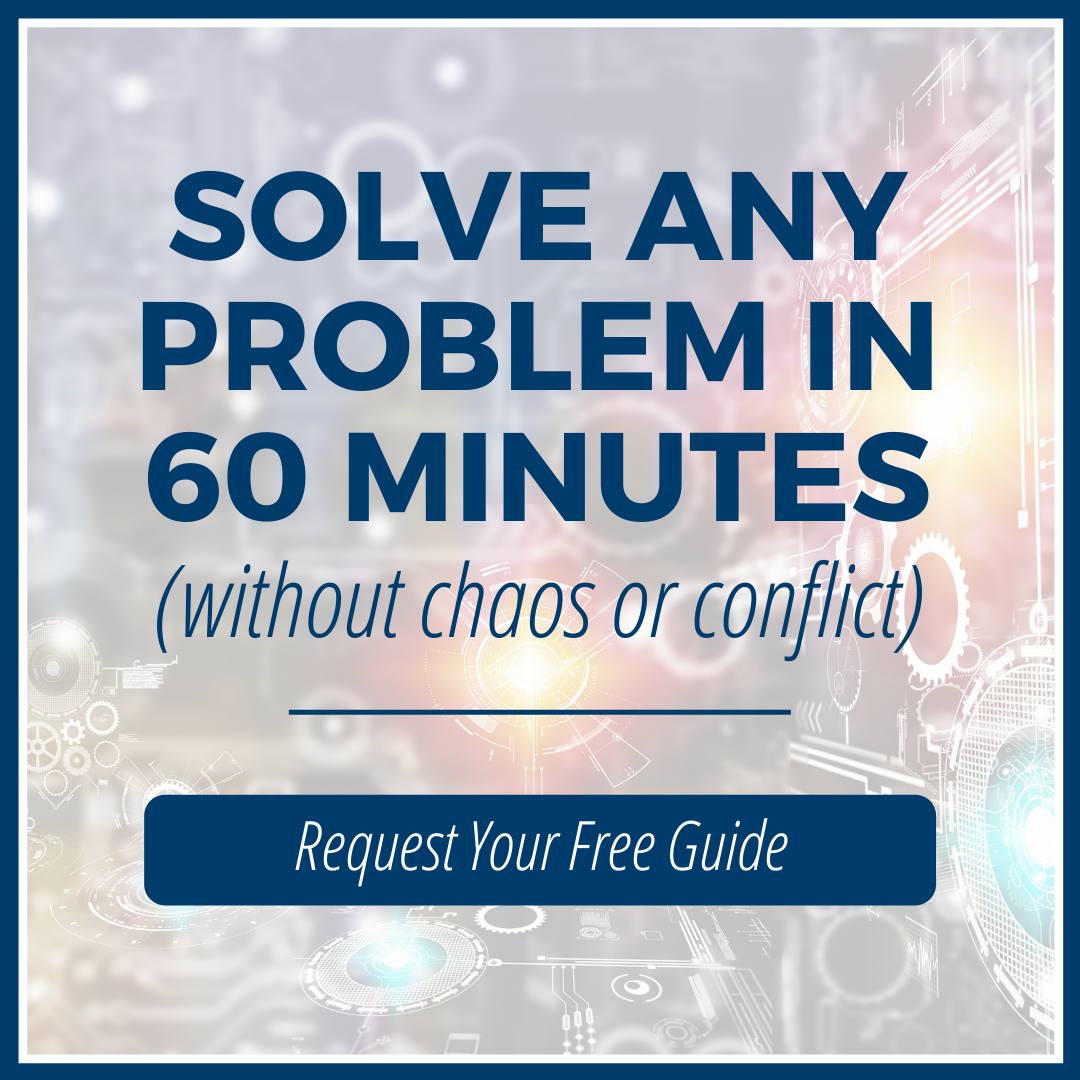Children have incredible imagination in their play and fantasies; they can build magical things, play their own kinds of games, or imagine being grown up like mom and dad, and recount outlandish stories. These might account for the many fictitious novels authors publish year after year. Our imagination is a fantastic mental capacity we all have. Storytelling is the richest source of developing a creative imagination.
George Viereck[1] asserted from an interview that Albert Einstein claimed “imagination … is more important than knowledge, which is limited while imagination encircles the world.” If Einstein is right, then there is no limit to our imagination, which is part of the streaming conversation we have in our “mind’s eye” as we replay the events of our lives, like old conversations we have had, or travels we have made, or projects we have done. We are constantly rerunning the ‘”movies” of our experiences.
With that, it is possible we have thought of things we could ’re-invent’ that need improving or total make-over. Innovation is asking how a thing could be re-made to function differently and better. This could involve curiosity, which is another aspect of Einstein’s genius. Ameet Ranadive[2] wrote an article for Google’s Medium, Einstein’s Way of Thinking, in which he quotes our genius having said, “I have no special talent; I am only passionately curious.” Einstein ceaselessly asked questions and wondered about the entire universe. He wasn’t confined by conformity and rigid structure. Ranadive’s article is really interesting reading; it is based on Walter Isaacson’s book Einstein: His Life and Universe. What a shame that most of us have lost our childlike curiosity in the rush to live to make money.
Ranadive’s corollary to Einstein’s curiosity is “innovative breakthrough”. This is the “ah-ha!” moment of insight that is so rewarding to discover an unforeseen result that can be so surprising not only to the innovator but to others who benefit from the innovation. Many of us often say, “why couldn’t I have thought of that?” We just weren’t imaginative or curious enough to have asked all the questions necessary to break through the wonder of it.
What’s the take-away from this? We are never too old to awaken our curiosity to make new discoveries in our lives. We should wonder what the Covid-19 quarantine gave us by way of time to wonder about what we wanted to learn while “shut in”.
1.Viereck, George Sylvester (October 26, 1929). “What life means to Einstein: An Interview”. The Saturday Evening Post.
2.Ranadive, Ameet, (2017). Einstein’s Way of Thinking, Google Medium, May 31, 2017




